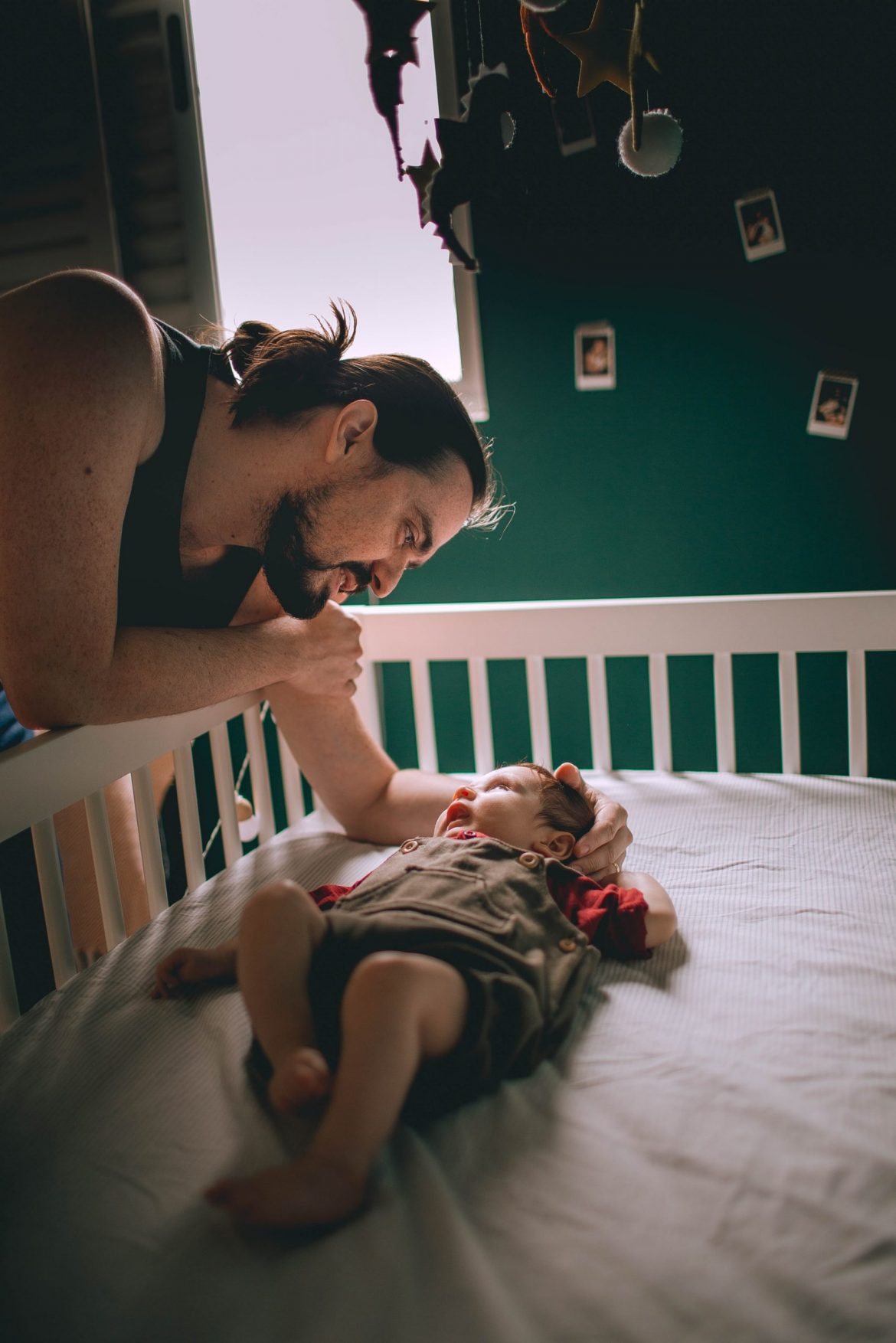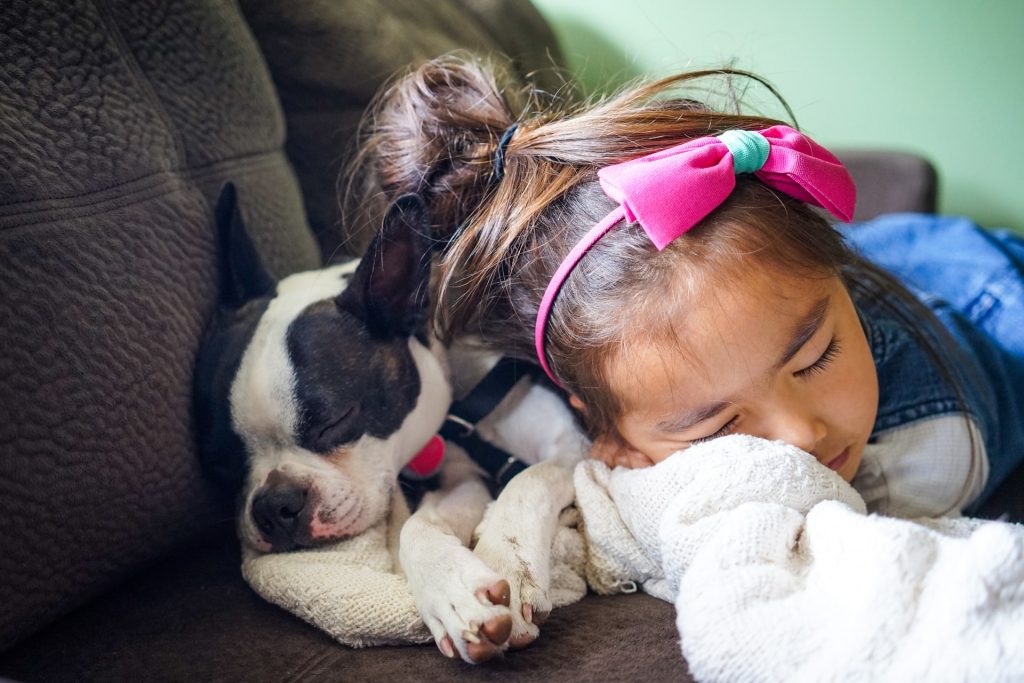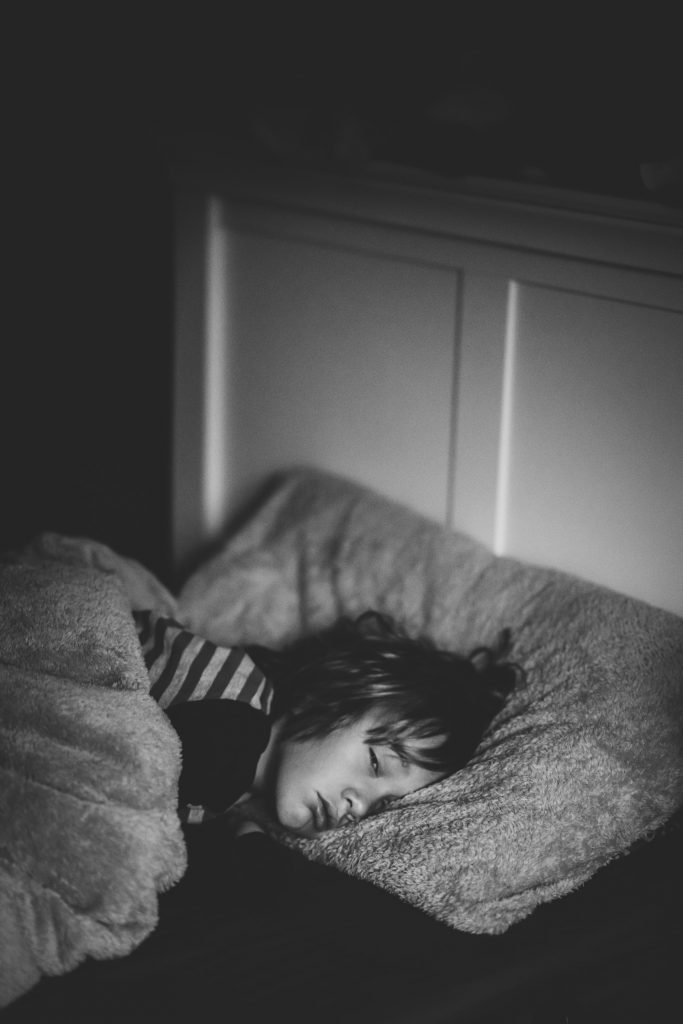
Adults often have trouble falling asleep, but what if your child has become restless at night? Is there anything to worry about? Commonly, sometimes even children struggle to fall asleep at night. Still, when it becomes notorious, there are measures you can take to ease your child.
Getting enough sleep might be difficult for the 15–25% of children and teens who have difficulty falling asleep or remaining asleep. Unlike adults, kids shouldn’t take sleeping pills. Because pharmaceutical sleep aids can induce harmful effects in children, they should only be administered under the supervision of a physician.
So what can you do to make your child’s sleep quality better?
How to create a child’s sleeping routine?
How to ensure your child will sleep through the night and stay asleep? The most vital for children is a basic sleeping routine.
Humans are creatures of routine. A consistent bedtime ritual signals to your child’s body and mind that it’s time to relax and get ready for sleep. The actual routine should be customized for your child. However, it should last around 20 minutes and include three to four quiet, soothing activities like putting on pajamas, brushing teeth, a warm bath, and reading. A routine gives children a sense of stability and comfort amid anxiety.
To encourage sleeping regularly, create a sleep schedule that follows your child’s natural circadian rhythm. Bedtimes are most beneficial when they are consistent. Therefore keep the same bedtime on weekends as you would on school nights. Changing bedtimes might make it more challenging for children to keep their regular weekday routines on weekends.
Sleep hygiene tips for kids
Screen Curfew
Because screens are so common, it’s challenging to follow this rule, but it’s well worth the effort. Blue light from mobile devices, televisions, and tablets suppresses melatonin, a hormone that promotes sleep. Children may be more susceptible to the ill effects of light from computers. Screen time also impacts the brain, making it more difficult to wind down before sleep. Electronic devices should not be used in the bedroom or within one hour of retiring from bed. Consider adopting a family media plan developed by the American Academy of Pediatrics.
Physical Exercise
Active people sleep better and longer, according to scientific research. The majority of kids require at least one hour of activity each day. Just make sure that your child doesn’t perform vigorous exercise for two hours before bedtime. Otherwise, your youngster may get wound up and have a more challenging time going asleep.
Avoid Scary and Violent Movies
Fear and worry are common reasons why children can’t sleep. So it’s no surprise that scary or violent movies, television shows, video games, and even books before bedtime are linked to sleep problems in youngsters. So keep it for daytime viewing if your youngster enjoys the gory or creepy stuff.
No Pets in Bed
Tots may be comforted by snuggling Fido in bed, but the movements and noises of a pet during the night might rouse them from a peaceful slumber. For a few nights, try letting your scruffy family member sleep outside your youngster’s room to see if it makes a difference. Include a goodnight to pets in the bedtime ritual to simplify the shift.
Why is Sleep Important for Children?

Sleep aids for children
Melatonin
Melatonin, a naturally occurring hormone produced artificially for medical purposes, is one of the most popular and frequently utilized sleep aids for children. Melatonin is a hormone that makes your body ready for sleep. Grownups often use it for jet lag and other minor sleep issues.
Melatonin has a good safety profile not just with special needs children but also with healthy youngsters when utilized for brief periods under the care of a pediatrician.
There is, however, a growing concern among healthcare professionals that melatonin is being taken excessively.
TV, books, and other media
Another popular sleep remedy for youngsters is to use television to fall asleep. But this sleep aid isn’t a medicine, and it doesn’t need a prescription. Instead, it’s a habit that many children (particularly adolescents) have gotten into due to their lifestyle choices.
In a study published in the UK’s Journal of Paediatrics and Child Health in 2006, 36.7 percent of teenagers said they used television to help them fall asleep. Another 28.2% of the boys interviewed (and 14.7% of the girls) reported using computer games for this purpose. According to the survey, music was mentioned by a whopping 60.2 percent of adolescent respondents. Approximately half of the respondents reported reading books as a sleep aid.
However, it is not as simple as that. According to a study, more than 50 percent of all adults in the United States use music to fall asleep every night. The consequences, though, suggest that it’s probably a bad idea, especially for parents intent on teaching their youngsters healthy, long-term sleeping habits.
Using media as a sleep aid is linked to decreased weekday time to bed, a more significant number of hours slept each week and higher self-reported tiredness among respondents. In addition, sleep duration and level of fatigue were lower among those who used music, television, or computer games as a sleeping aid daily than they were among those who did not.
Natural solutions
Many physicians and experts believe that natural treatments are excellent sleep aids for youngsters.
Giving your healthy child a pill to fall asleep sends him the incorrect message that he needs medication to do what should be simple.
Consider the kinds of lifestyle adjustments we frequently advise as first-line treatments for sleep apnea — maintaining a healthy weight, exercising, and following a regular sleep pattern.
Start by making a point of keeping to a routine bedtime, avoiding caffeine in the afternoon, and getting exercise.
How Blue Light Affects Sleep in Children

Conclusion
Sleep aids for children can include melatonin, TV, books, and other media. However, sleep aids can be harmful if they are used excessively. Natural treatments are the best option for sleep aids. Physicians and experts generally believe that natural treatments are the best.
